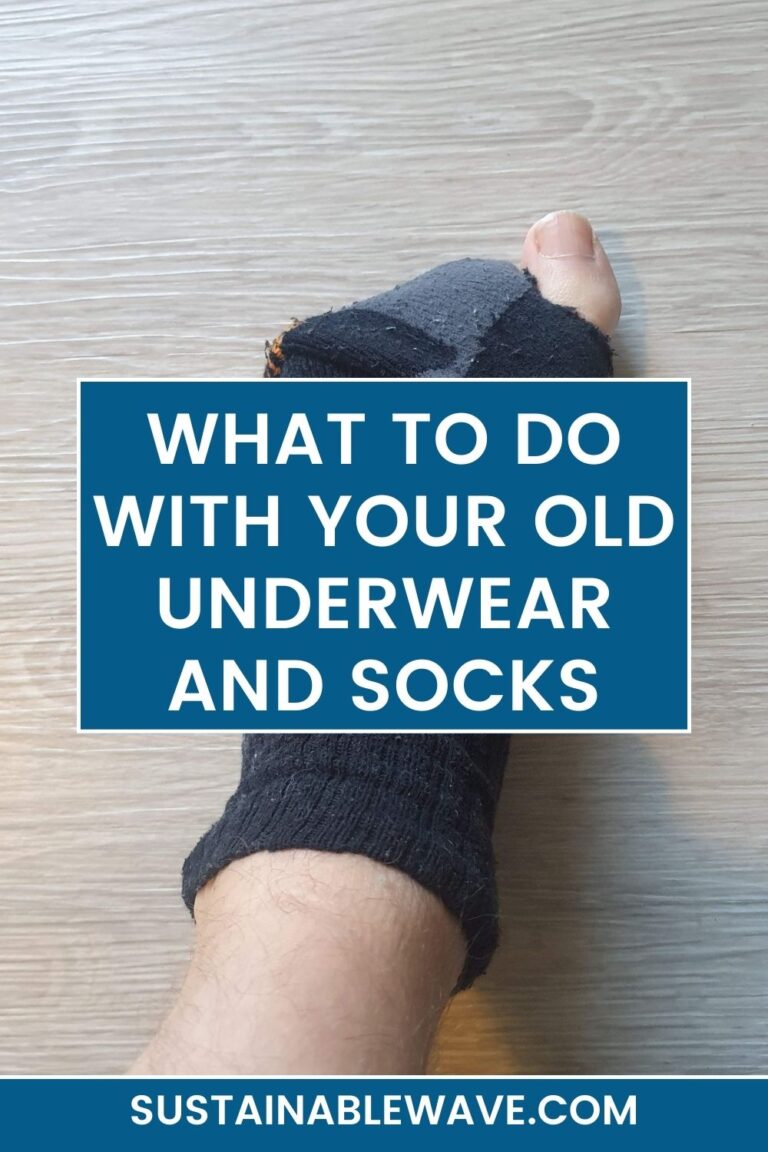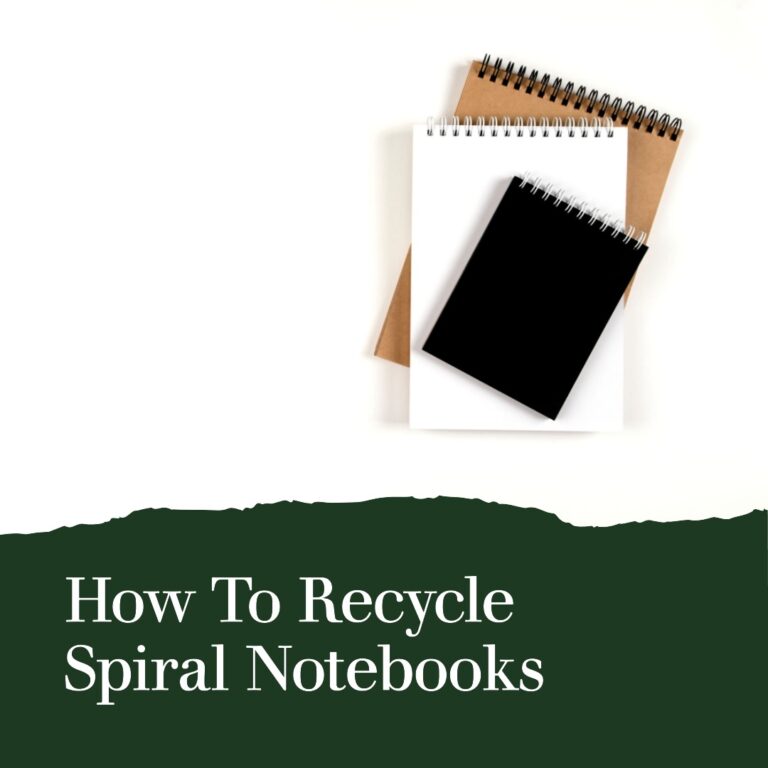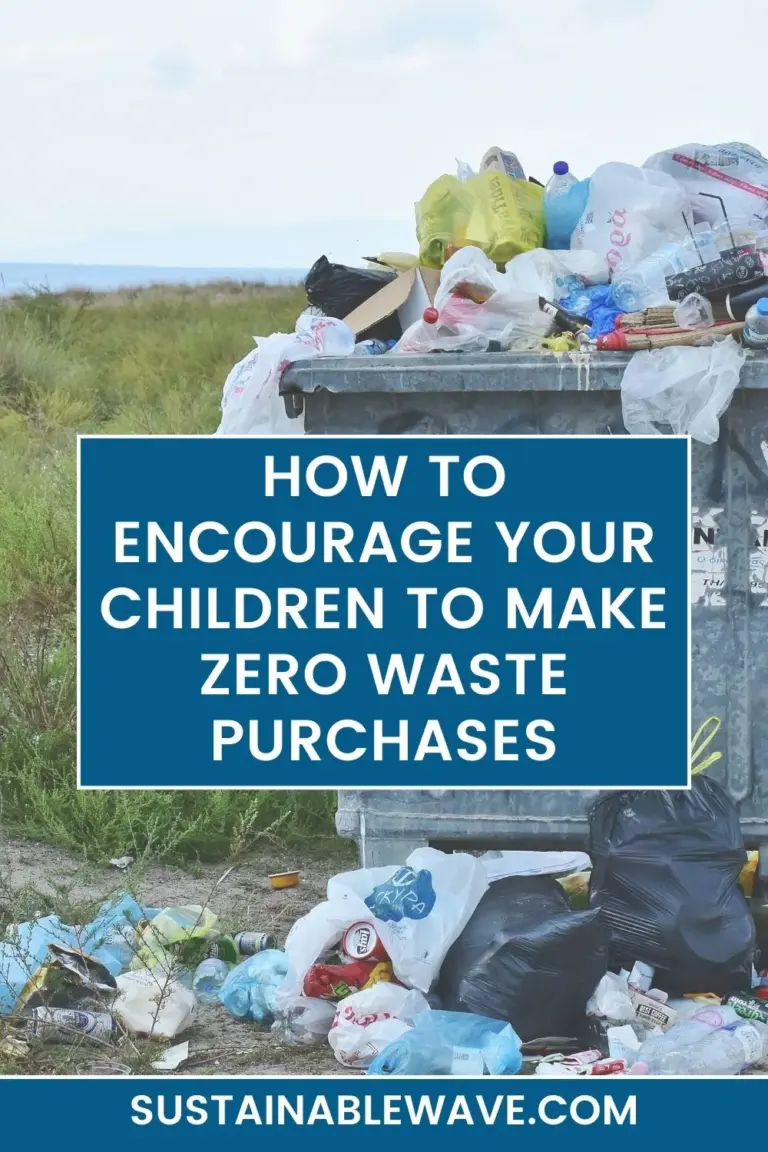Imagine a world where you leave no trace, a world where every action harmoniously coexists with nature. Sounds like a dream, right? But it’s attainable.
And that’s exactly what zero-waste living is all about.
This beginner’s guide to zero-waste living seeks to offer insights into a lifestyle that minimally impacts our planet.
Understanding Zero Waste Living
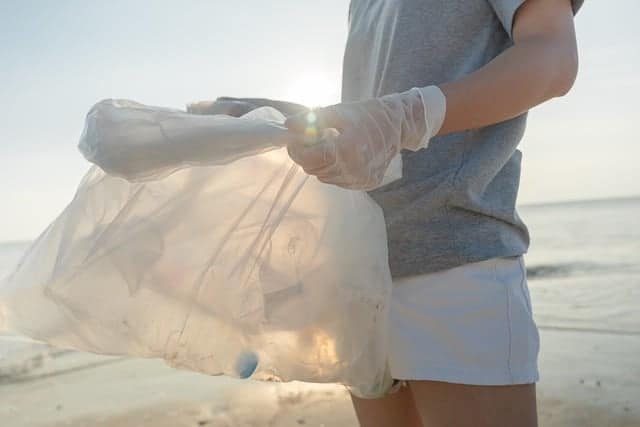
Zero waste living is an environmentally-friendly philosophy aiming to reduce waste sent to landfills, incinerators, and the ocean. So, how does this lifestyle benefit you? Read on to find out!
Benefits of Zero Waste Living
- Helps Protect the Environment: By reducing waste, we decrease pollution and conserve natural resources.
- Improves Health: Choosing organic, non-toxic products promotes better health.
- Saves Money: By making conscious purchases, you save money in the long run.
Implementing Zero Waste in Different Aspects of Life
As we delve deeper into the beginner’s guide to zero waste living, let’s explore how to incorporate these eco-conscious practices in various areas of our lives – from the kitchen and bathroom to our workplaces.
It’s easier than you think!
Zero Waste Living in the Kitchen
The kitchen, often the core of household waste production, can surprisingly become a cradle of sustainability with a few tweaks.
Here are some easy practices to transition towards a zero waste kitchen:
- Buy in Bulk: By choosing bulk stores or the bulk section of your supermarket, you minimize packaging waste. It’s a simple switch with a powerful impact.
- Compost: Composting kitchen scraps like vegetable peels and coffee grounds converts waste into valuable nutrient-rich soil for your plants.
- Opt for Reusables: Replace disposable kitchenware with sustainable alternatives. Use cloth towels instead of paper ones, reusable beeswax wraps instead of cling film, and metal or glass containers for storage.
- Invest in Quality: High-quality, durable cookware lasts longer, reducing the need for replacements and therefore waste.
- DIY Meals: Homemade meals not only cut down on takeaway packaging waste but also offer a healthier, often tastier, alternative.
Zero Waste Living in the Bathroom
The bathroom, another major contributor to waste, offers ample opportunities for sustainable practices.
Here are some tips for a zero waste bathroom:
- Choose Package-free Products: Opt for solid bars of soap, shampoo, and conditioner or those with refillable containers.
- Use Reusable Razors: Replace disposable plastic razors with a lasting stainless-steel razor.
- Recycle Properly: Make sure to recycle bathroom products like toilet paper rolls and shampoo bottles correctly.
- Go Natural: Use biodegradable, organic products that are not only kind to your skin but also to the environment.
- Adopt DIY: Making your own products like toothpaste or deodorant reduces waste and lets you control the ingredients.
Zero Waste Living at Work
Taking the zero waste lifestyle beyond the home is a fantastic way to increase its impact. Here’s how to apply these principles at your workplace:
- Digitalize: Going digital minimizes paper waste. Use digital notes, emails, and cloud storage for document sharing.
- Bring Your Own Lunch: Packing lunch in reusable containers avoids disposable cutlery and packaging waste.
- Promote Recycling: Set up a recycling station and encourage colleagues to use it.
- Avoid Single-use Coffee Cups: Bring your own coffee mug and avoid contributing to the millions of disposable coffee cups trashed daily.
- Educate and Encourage: Share your zero waste lifestyle with colleagues. Your actions may inspire others to follow suit.
Overcoming Challenges in Zero Waste Living
Though zero waste living is rewarding, it also comes with its share of challenges.
However, by understanding these struggles and their solutions, you can confidently embark on your journey.
Understanding the Struggles of Zero Waste Living
The first step to overcoming challenges is understanding them.
One of the common struggles people face in zero waste living is feeling overwhelmed. It can seem like a colossal task to eliminate waste entirely.
But remember, zero waste living isn’t about immediate perfection, but continuous improvement.
Start small, celebrate each victory, and progress at your own pace.
Tackling Waste Creation
Another challenge is the unavoidable waste that comes from existing systems and lifestyles.
For instance, the packaging from online shopping or non-recyclable materials in electronics. The key here is to balance what’s in your control.
Focus on reducing where possible and disposing responsibly when waste creation is inevitable.
Handling Consumer Culture
Living in a consumerist society can be another challenge.
The constant push towards new, better, and more can make it tough to stick to your zero waste principles.
Here, it’s crucial to be mindful. Resist the urge to consume unnecessarily and make thoughtful decisions about your purchases.
The Power of Community in Zero Waste Living
Finally, remember, you are not alone in this journey. Join local or online zero-waste communities.
They can offer immense support, practical advice, and a space to share your challenges and victories.
The power of community is a critical aspect of overcoming the hurdles in zero-waste living.
What Is the First Step in Transitioning to a Zero Waste Lifestyle?
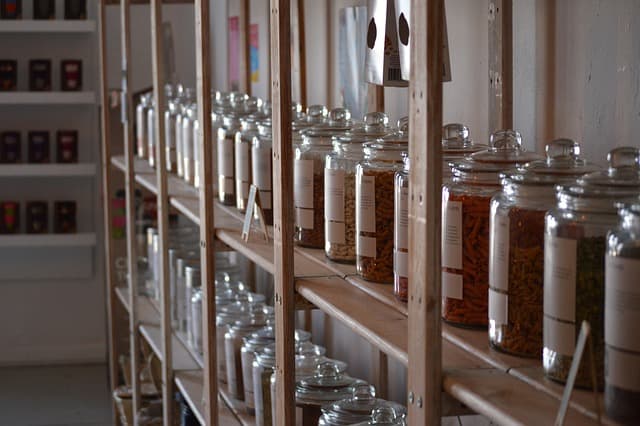
The first step in transitioning to a zero waste lifestyle is conducting a simple waste audit. It’s like taking a snapshot of your current waste generation pattern to better understand what’s ending up in your trash.
To do this, for a week or so, keep an eye on what you throw away. You may be surprised by the amount of waste one household can produce, especially when it comes to plastic.
By determining the types of waste you generate most, you can then target those areas and start researching alternatives.
For instance, if you notice a lot of food waste, consider composting. If single-use plastics dominate your trash, look into reusable options.
Remember, zero waste living isn’t about perfection, but progression. Each step you take towards reducing your waste makes a significant difference.
This initial audit acts as a foundation upon which to build your zero waste journey.
Can I Live a Zero Waste Lifestyle in a Small Town?
Absolutely! A zero-waste lifestyle is attainable no matter where you live. While small towns might not have bulk stores or plenty of eco-friendly options, there are many other ways to reduce waste.
It all comes down to the basics: Reduce, Reuse, Recycle. Reducing consumption, reusing items as much as possible, and recycling responsibly can be done anywhere.
You can grow your own food, compost kitchen scraps, and swap disposables for reusable ones.
A strong community spirit, which is often found in small towns, can be incredibly beneficial.
Organize a local swap meet, start a community garden, or hold a DIY workshop. Remember, online resources also provide many sustainable alternatives and zero waste products that can be delivered to your door.
Living in a small town might offer different challenges, but with a bit of ingenuity and commitment, a zero waste lifestyle is within reach.
Is It Expensive to Live a Zero Waste Lifestyle?
It’s a common misconception that adopting a zero waste lifestyle is an expensive endeavor.
While it’s true that some initial investments, such as purchasing high-quality reusable items, can seem costly upfront, these tend to pay for themselves over time. For instance, a reusable water bottle might cost more than a single-use one, but think about how many disposable bottles you’ll avoid buying in the future.
Moreover, zero waste living encourages mindful consumption. It asks us to buy less, choose items that last longer, and avoid impulse purchases.
It’s about quality over quantity. This approach not only reduces waste but also helps save money in the long run.
Finally, many zero waste practices, like composting at home, growing your own produce, or making DIY cleaning products, can also help you save.
So, while the transition may require some adjustments, living a zero waste lifestyle does not necessarily mean more expensive.
In fact, it often leads to significant savings.
Conclusion
A beginner’s guide to zero waste living isn’t about an immediate perfect transition. It’s a process of continual learning and growth.
It’s about making small changes that together have a large impact.
So why not start your journey to a sustainable lifestyle today?
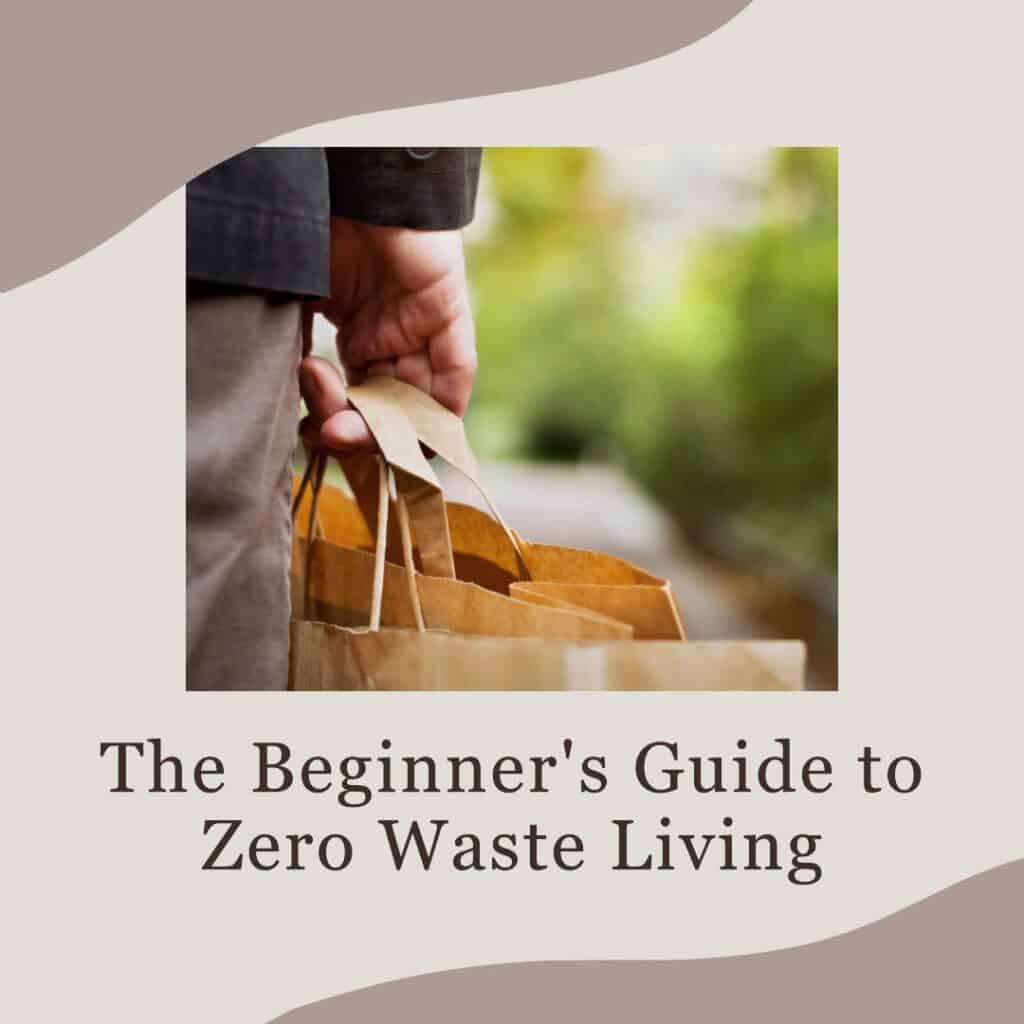
Sources
- Zero Waste Home: The author of this site, Bea Johnson, is a zero-waste lifestyle pioneer who shares practical tips, guides, and advice for a sustainable lifestyle. Her inspiring journey towards zero-waste living is filled with useful lessons for beginners. Visit Zero Waste Home.
- Going Zero Waste: This blog by Kathryn Kellogg is a treasure trove of actionable advice on reducing waste. From beginner’s guides to in-depth articles on specific topics, it’s a great resource for anyone keen on adopting a zero waste lifestyle. Visit Going Zero Waste.
- Trash is for Tossers: Lauren Singer, the woman who fits four years’ worth of her trash into a single mason jar, runs this blog. She offers practical tips and tricks to help others live a less wasteful life. Visit Trash is for Tossers.
I’m Thomas, the owner of SustainableWave. Passionately promoting a sustainable planet. With experience in various eco-roles, I’ll share green tips, sustainability hacks, and personal eco-journeys on my blog.

